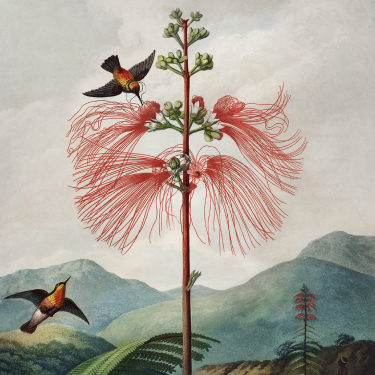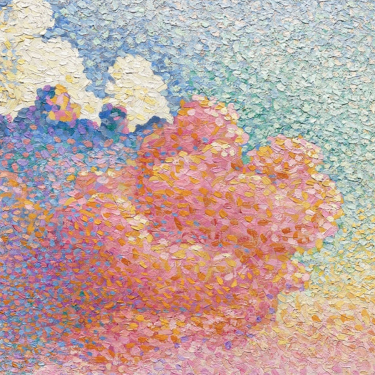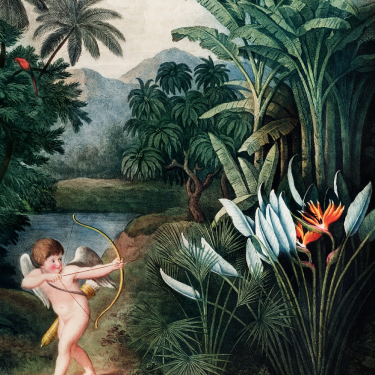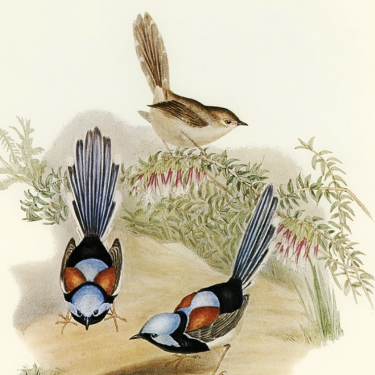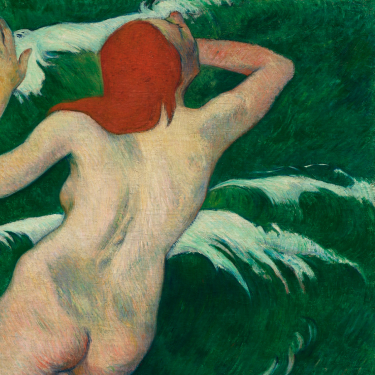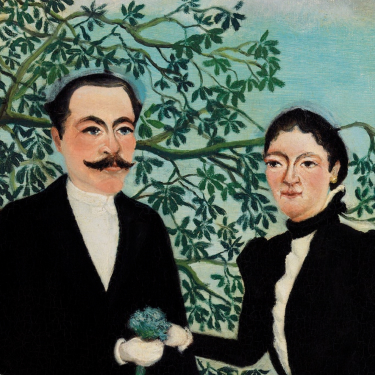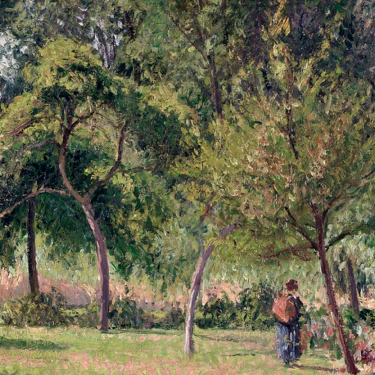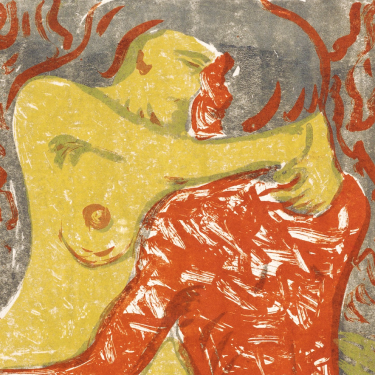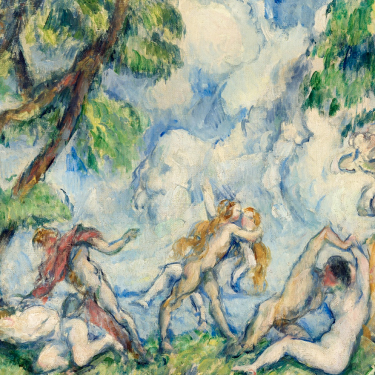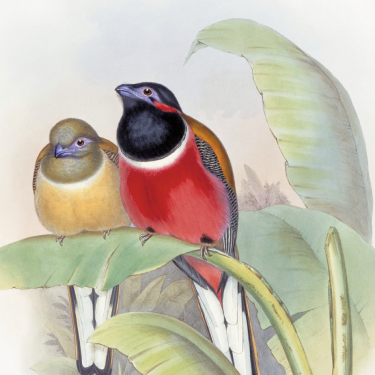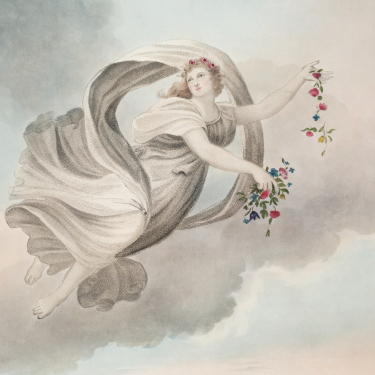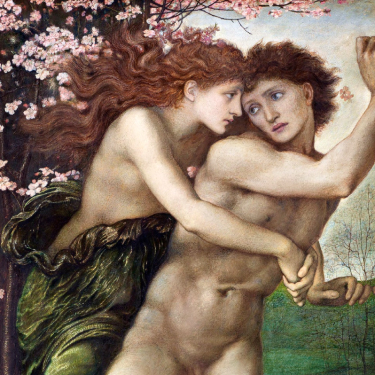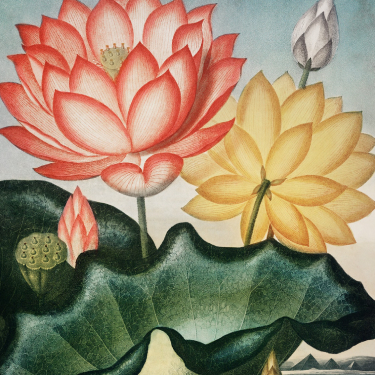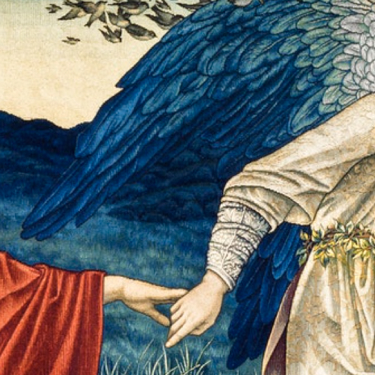The Energetic
LOVE
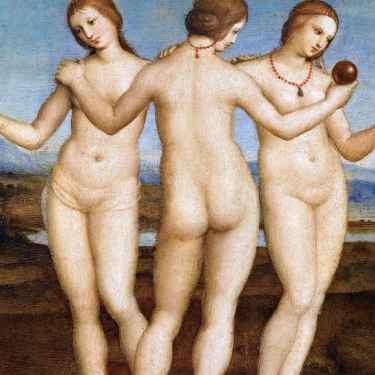
IDAF
Quick definition
Desire fun and spontaneity in love. Want to maintain a sense of independence, but want a partner for emotional reassurance.
Find your score on over 100 traits on Dimensional.
Download
Description
IDAFs are characterized by their strong sense of self and a yearning for an expansive, independent life, yet they are also deeply imaginative and often lost in their dreams of what love could be. Their independence is paramount, not just in their personal pursuits but also in how they envision their romantic relationships. They crave connections that respect their autonomy but are also rich in depth and understanding. This unique blend of traits leads them to seek partners who are both adventurous and emotionally attuned, capable of fueling their fantasies while grounding them in reality.
In the dating phase, IDAFs might find themselves caught between their desire for freedom and their longing for a connection that matches the intensity of their dreams. Their anxiety can surface when they feel too constrained or when the relationship fails to live up to their idealistic expectations, prompting a push-pull dynamic where they seek closeness yet cherish their space. In long-term relationships, the challenge for IDAFs lies in maintaining their independence while deepening their emotional bonds, navigating the waters between their need for novelty and the comfort of stability.
Opposite type
IDAFs are the opposites of TPCEs.
Desires
- Partnerships that inspire and excite, yet allow for personal growth and independence.
- Emotional connections that are deep and meaningful, not just surface-level.
- A balance between adventure in love and the reassurance of commitment.
Fears
- Losing their sense of self or independence in a relationship.
- Being trapped in a monotonous or uninspiring partnership.
- The relationship not living up to their idealistic visions.
- Their anxiety undermining their relationships or personal happiness.
Inner psychology
IDAFs likely grew up valuing autonomy, possibly in response to environments that were either too controlling or too chaotic, leading them to seek solace in their independence. Their dreamy nature may stem from a deep-seated belief in the power of imagination as a form of escape or resilience, driving them to envision romantic scenarios that transcend ordinary life. However, this idealism can clash with their desire for independence, creating internal conflicts between wanting to merge with another and fearing the loss of their individuality. Their anxiety in relationships might be linked to past experiences of disappointment or betrayal or fear of hurting a prospective partner, leading them to guard their independence fiercely while secretly yearning for connection.
Distribution of user scores
0
25
50
75
100
Other Archetypes in Love
Opposite
In(T)erdependent
(I)ndependent
(D)reamer
(P)ragmatic
(C)entered
(A)nxious
(E)motion & stability
(F)un & stimulation
Strengths
- Adventurous Spirit: Embraces new experiences and challenges, bringing vitality to relationships.
- Emotional Depth: Capable of profound emotional connections, enriching their partnerships.
- Resilience: Their independence and imagination equip them with the resilience to navigate life's ups and downs.
Challenges
- Anxiety Management: Struggles with reconciling their need for freedom with their desire for deep connections.
- Commitment vs. Independence: Finding the right balance between a committed relationship and maintaining their autonomy.
- Idealism vs. Reality: The gap between their dreamy expectations and the practicalities of relationships can lead to dissatisfaction.
Traits in an ideal partner
- Understanding of Independence: Respects and supports IDAFs' need for autonomy and personal space.
- Emotional Intelligence: Can engage deeply, offering the emotional connection IDAFs crave.
- Adventurousness: Willing to explore and share new experiences, keeping the spark of excitement alive.
Advice for healthy relationships
IDAFs would benefit from openly communicating their needs and fears with their partners, especially their need for independence and emotional depth. It's important for them to recognize that commitment does not equate to loss of freedom, and that a truly supportive partner will honor their independence while offering the closeness they desire. Practicing self-awareness and mindfulness can help manage their anxiety, allowing them to differentiate between genuine relationship concerns and unfounded fears. Engaging in individual hobbies or interests can also help maintain their sense of self within the relationship.
At their worst
When overwhelmed by their fears and desires, IDAFs can become indecisive, caught in a cycle of seeking closeness then retreating in fear of losing their independence. Their anxiety may lead them to question their partner's commitment or their own feelings, potentially sabotaging relationships before they can fully blossom. Their pursuit of an ideal can leave them perpetually unsatisfied, always searching for something "better" yet unable to define what that truly means.
At their best
At their best, IDAFs are dynamic and inspiring partners who bring a sense of adventure and depth to their relationships. They understand the value of independence, not just for themselves but as a cornerstone of a healthy, vibrant partnership. They manage to balance their need for excitement and novelty with a deep appreciation for emotional connection, creating relationships that are both stimulating and secure. Through open communication and a willingness to navigate the complexities of love, IDAFs can cultivate lasting, fulfilling partnerships that honor both their dreams and their individuality.
